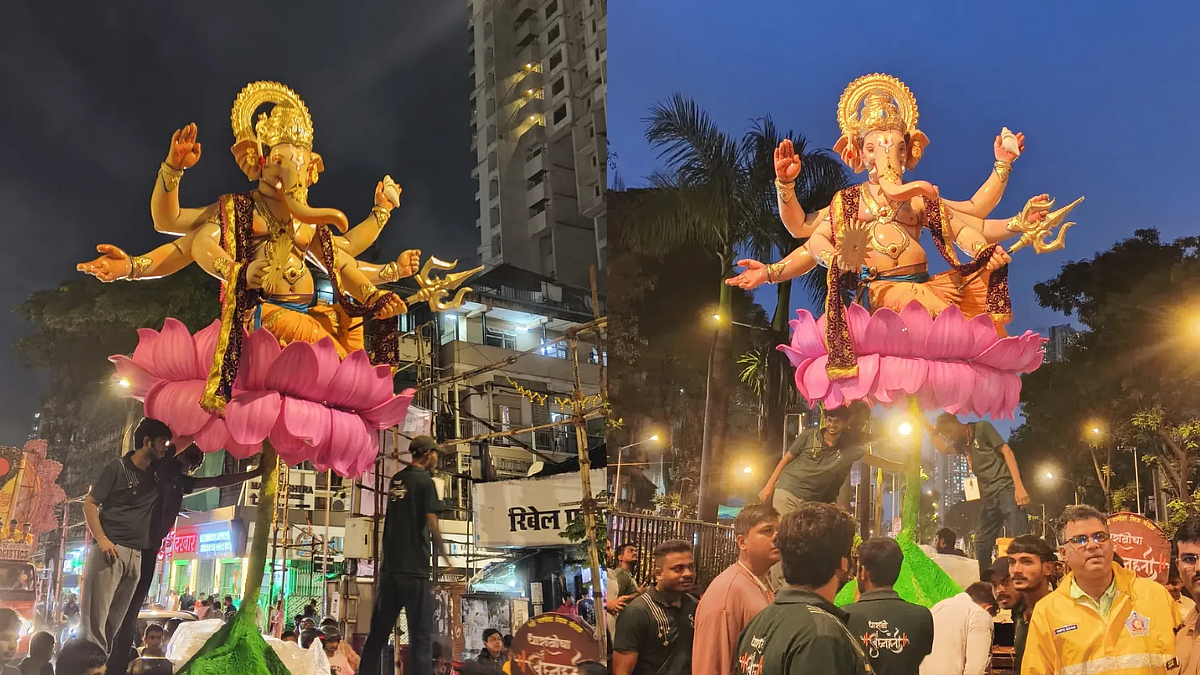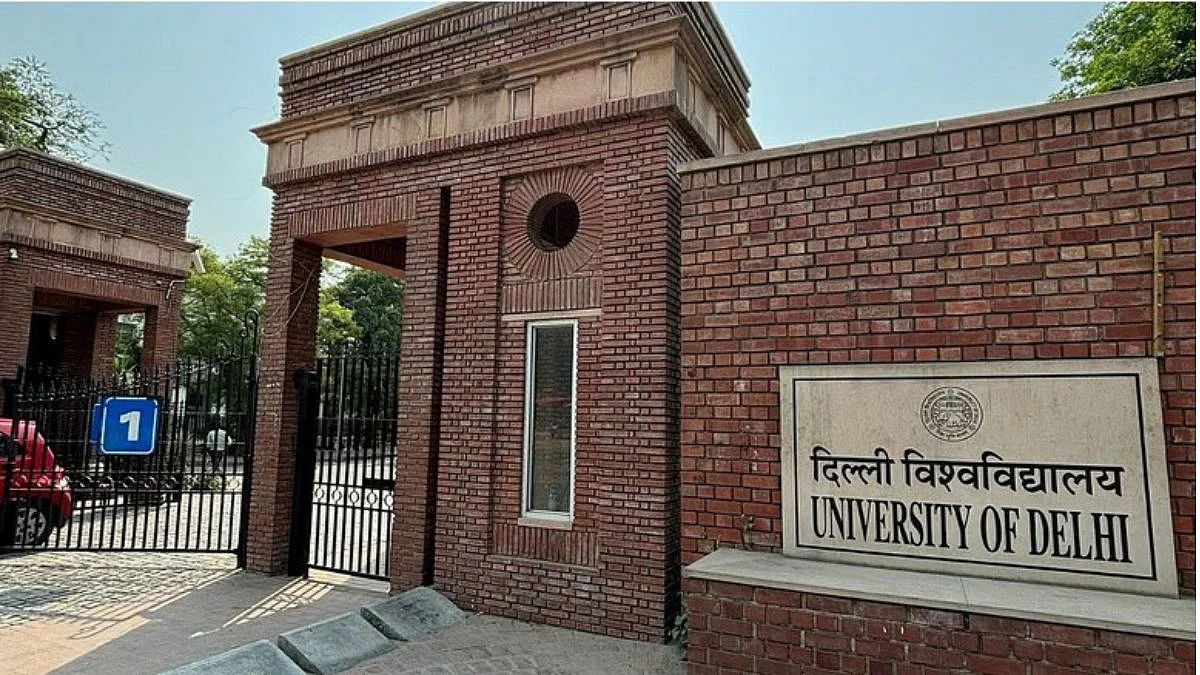Mumbai: The State Consumer Disputes Redressal Commission (SCDRC) recently upheld a district commission order, ruling that UCO Bank had committed a deficiency in service by freezing the account of a customer, Sameer Thiba. The bank had frozen Thiba's account after informing him that a cheque that had been cleared two years prior was actually dishonoured. The Commission ruled in favour of Thiba stating that UCO failed to fulfil its “duty” of informing the consumer within reasonable time and allow the latter to take any remedial measure.
Notice on dishonoured cheques after 2 years
The order, dated May 12, was given on an appeal by UCO Bank, Andheri against the order of district consumer disputes redressal commission that had ruled in favour of Thiba.
Thiba, a Versova resident, had an account with UCO Bank and had deposited two cheques drawn on ICICI Bank in October 2013, collectively valued over Rs1.75 lakh. Although the amount of the cheques was credited to Thiba's account, in August 2015, the bank issued a letter to Thiba stating that the cheques had actually been dishonoured by ICICI Bank. He was asked to revalidate the cheques, which Thiba refused as nearly two years had elapsed.
In August 2015, Thiba issued a cheque of Rs98,000, which was not cleared by UCO Bank, stating that Thiba's accounts were frozen for the recovery of the amount of dishonoured cheques. Thiba claimed that no information of dishonour was given to him, and the time to act on the drawer had recently expired, rendering him unable to take any action based on the Negotiable Instruments Act. He sought the de-freezing of his account.
UCO Bank cites RBI guidelines
UCO Bank contented that as per the Reserve Bank of India’s guideline, it had undertaken and implemented the Cheque Truncation System (CTS clearing) clearing system as per which, data on the cheque was captured at the collecting bank branch and transmitted electronically resulting in effective reduction of time and payment of cheques. UCO further stated that glitches in its technology caused the issue, and there were times when the money was credited and later taken from the drawee. However, the bank's contention that it could not check the position of cheques presented by the complainant within a short time was refuted by the Commission that observed, “But we are not inclined to accept the said statement because the Bank carries out audits periodically. At least quarterly or yearly basis. But, the said fault was not detected for about two years.” The Commission further added that by failing to inform Thiba for nearly two years deprived him of taking legal action against the drawer for the recovery of the amount and thus, the bank cannot take advantage of its own wrong to deprive the complainant.











